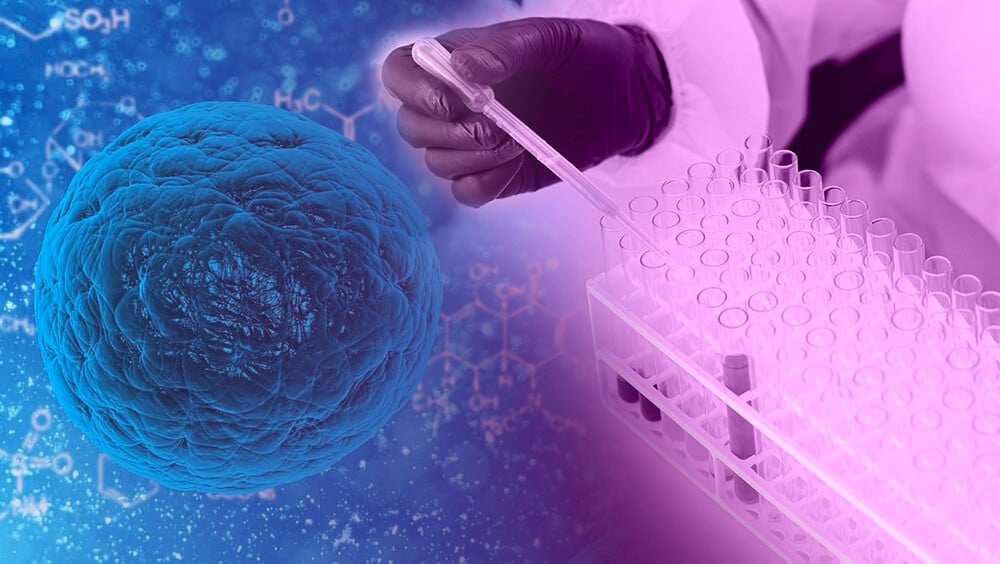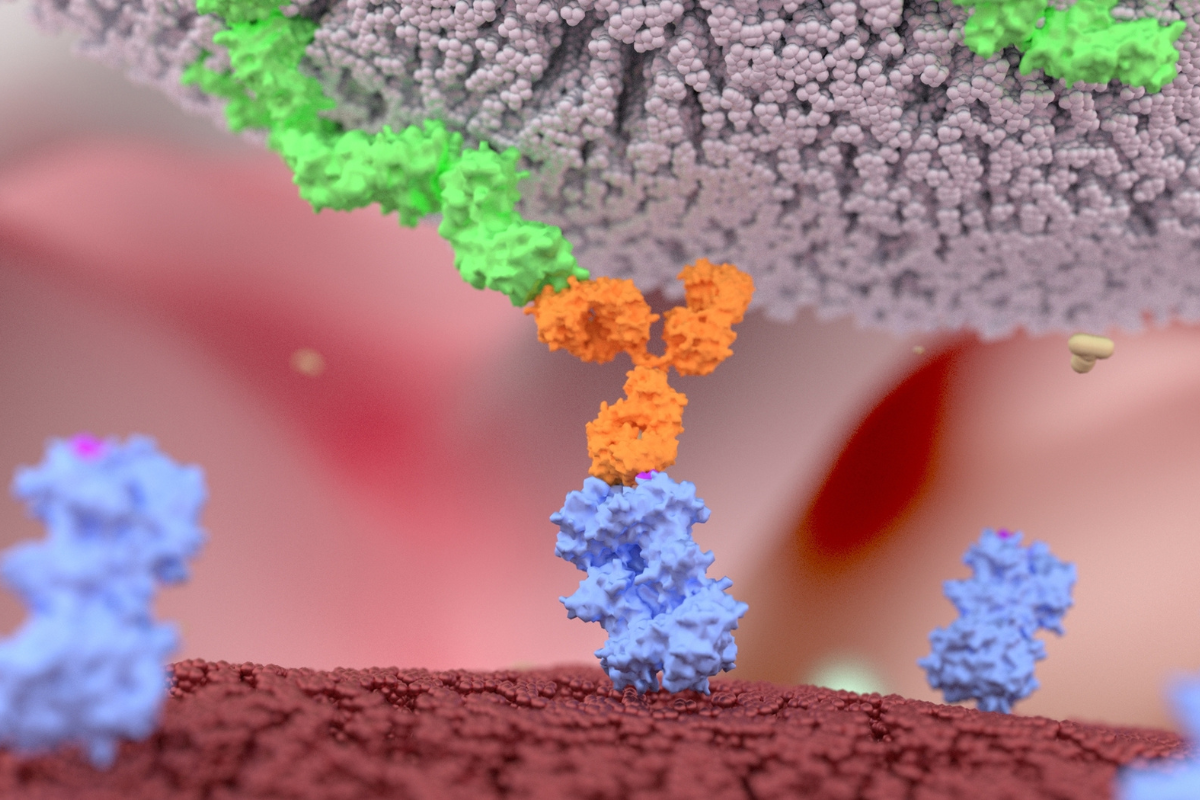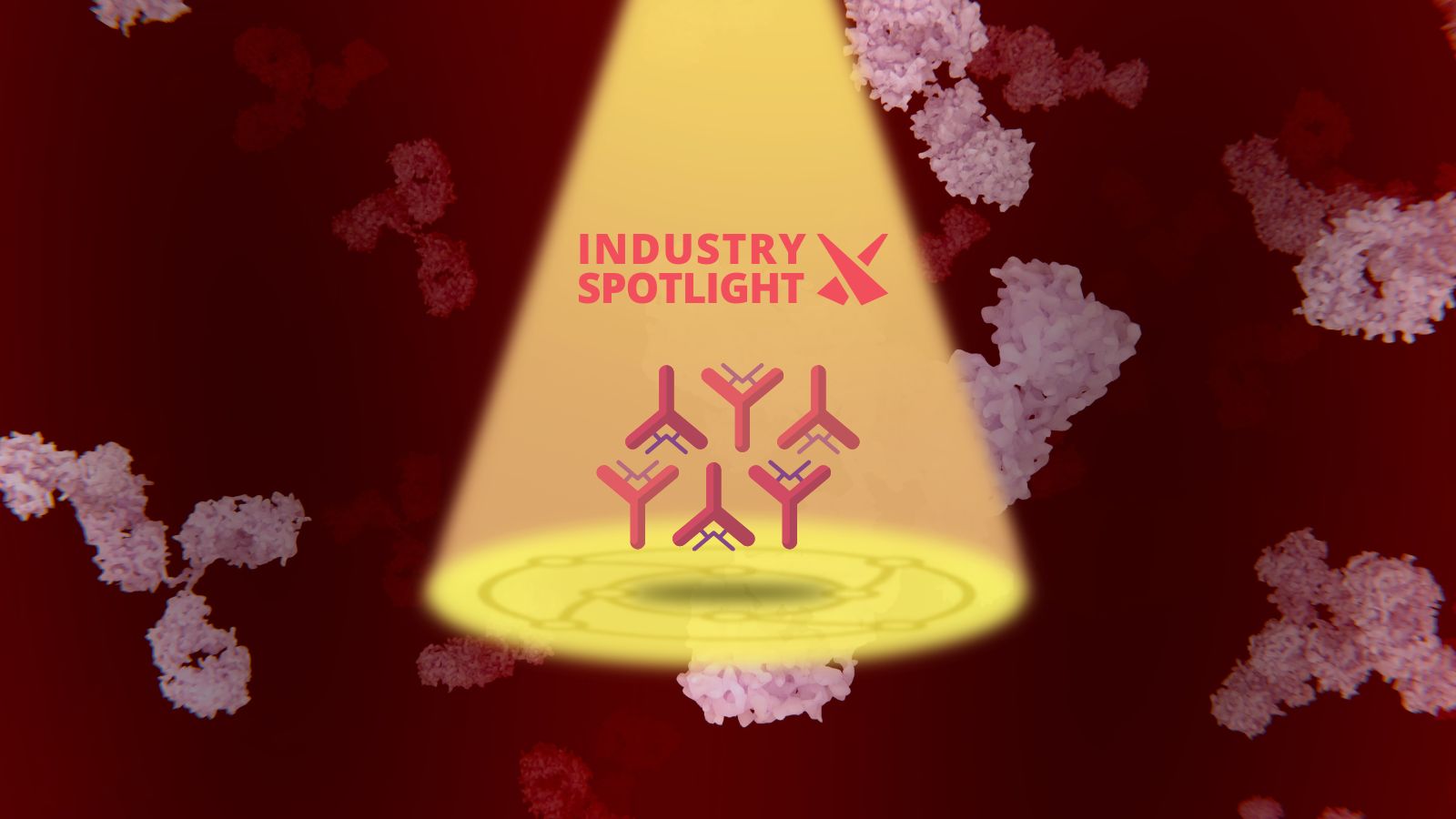Why Drug Delivery is Key to New Drug Discovery

An article published last month in Nature Medicine claims that it is not enough to design a new drug; it must be delivered to its target. This can be achieved via various vehicle methods, including nanoparticles, microneedles, and red blood cells.
Despite the plethora of media coverage dedicated to the latest drug discoveries, the method of delivery is just as, if not more, important. Methods of delivery aim to increase efficacy and improve drug safety.
A drug and its delivery vehicle must work symbiotically to accomplish the therapeutic objective of getting the drug to the target at the right time.
In many cases, they may even be integral to drug functionality. For instance, a new blockbuster drug can only work if it is transported to the correct location or target.
A drug and its delivery vehicle must work symbiotically to accomplish the therapeutic objective of getting the drug to the target at the right time. Consequently, the pharmaceutical industry has seen a boom in the number of clinical trials developing the efficiency of such delivery methods.
- Optimising Receptor Trafficking and Delivery of Cytotoxic Drugs
- Delivering Next-Generation Oligonucleotide Therapies
- 'The delivery of herbal remedies and drugs via the oral route dates back as far as 1550 BCE'
The article quoted Samir Mitragotri, Hiller Professor of Bioengineering at Harvard University and the Wyss Institute, as claiming: “Drug delivery technologies have enabled the development of many pharmaceutical products that improve patient health by enhancing the delivery of a therapeutic to its target site, minimising off-target accumulation and facilitating patient compliance.”
Among the most cutting-edge delivery vehicle technologies are lipid nanoparticles for effective mRNA delivery into small cells, microneedles as a minimally invasive device alternative, and red blood cells or erythrocytes for easier tissue targeting.
May, M. Why drug delivery is the key to new medicines. Nat Med 28, 1100–1102 (2022). https://doi.org/10.1038/s41591-022-01826-y
Join Oxford Global’s 2023 Biologics UK: In-Person event today. Taking place in March, this 3-day conference brings together a panel of prominent leaders and scientists, sharing new case studies, innovative data and industry outlook.








